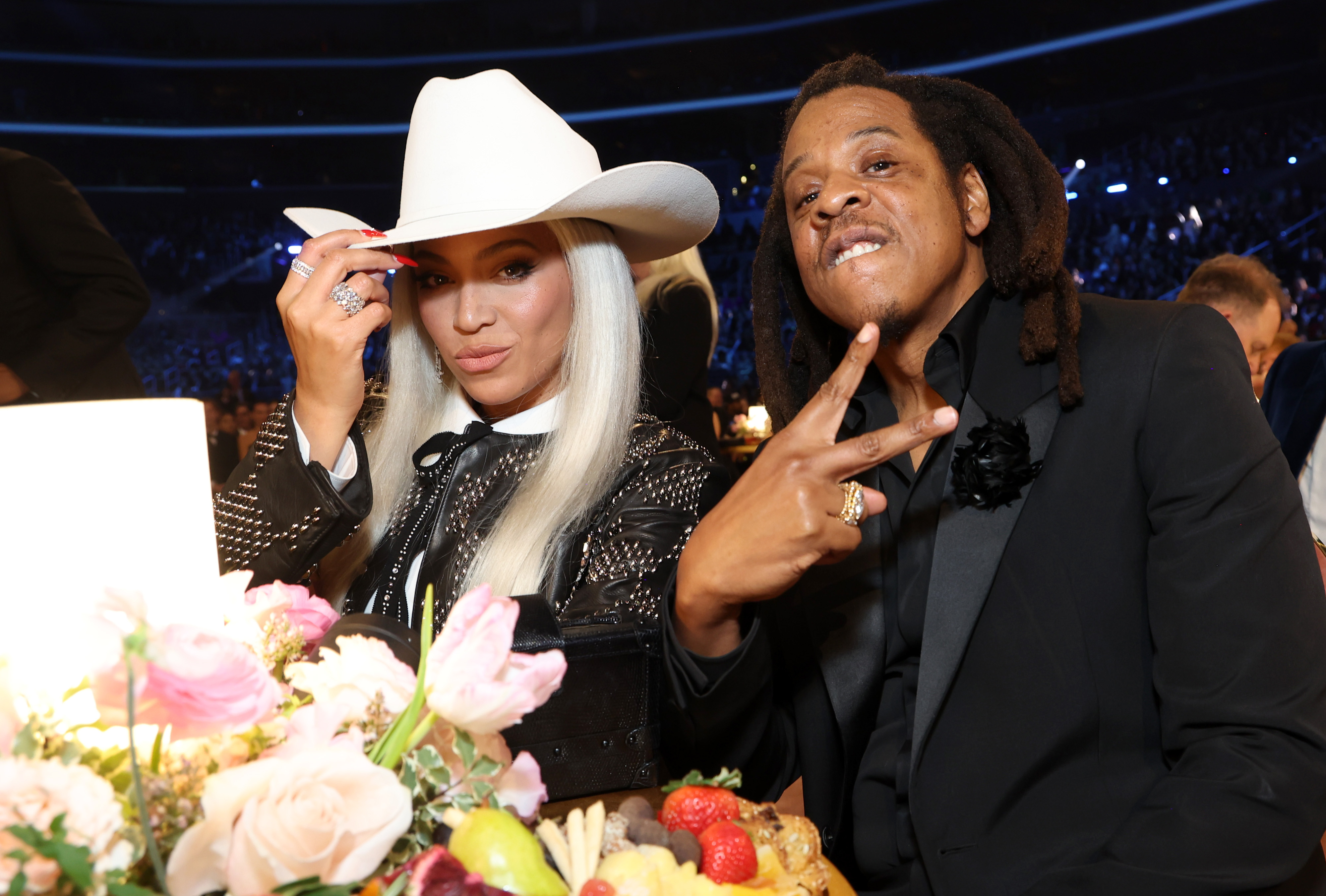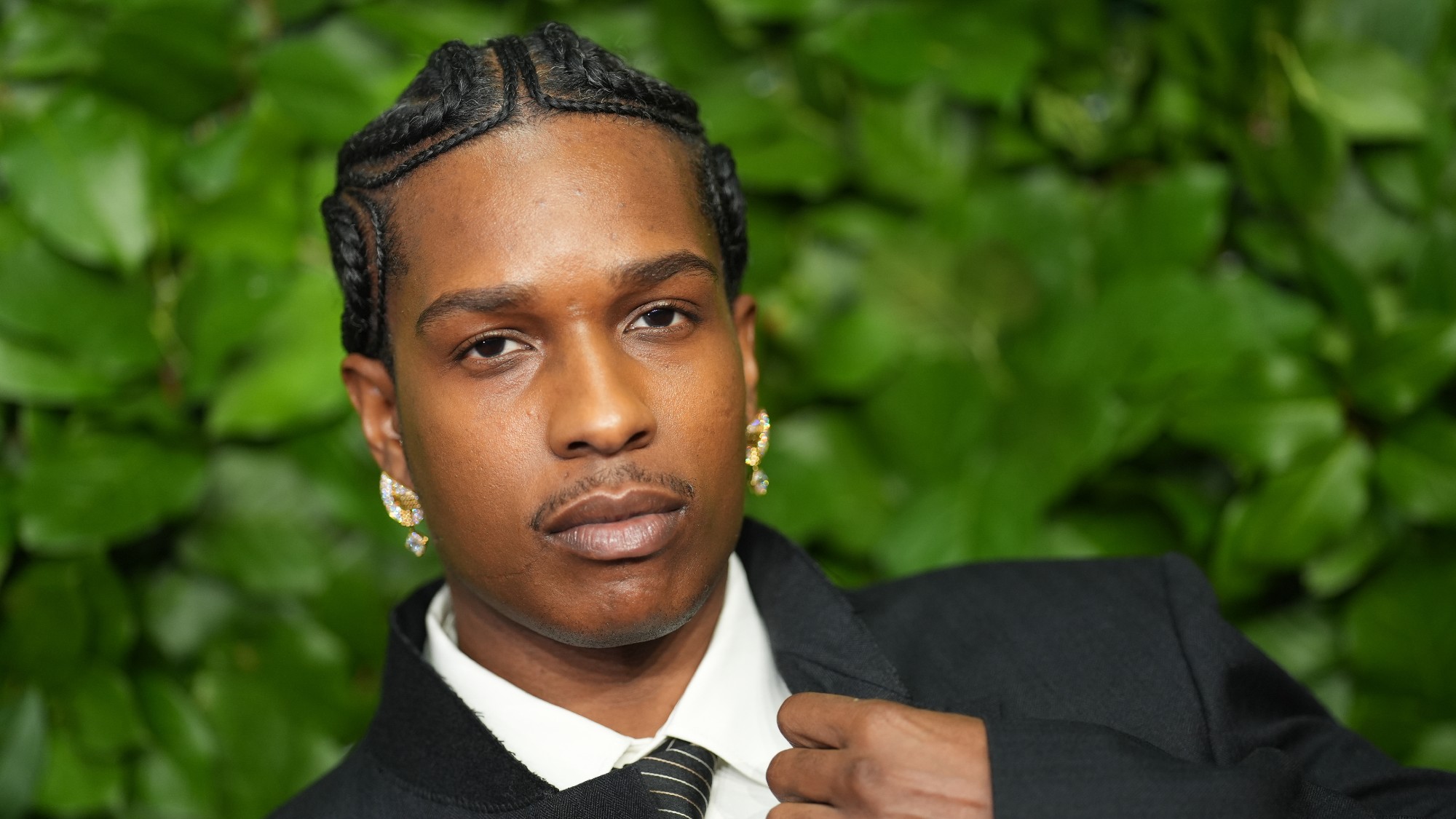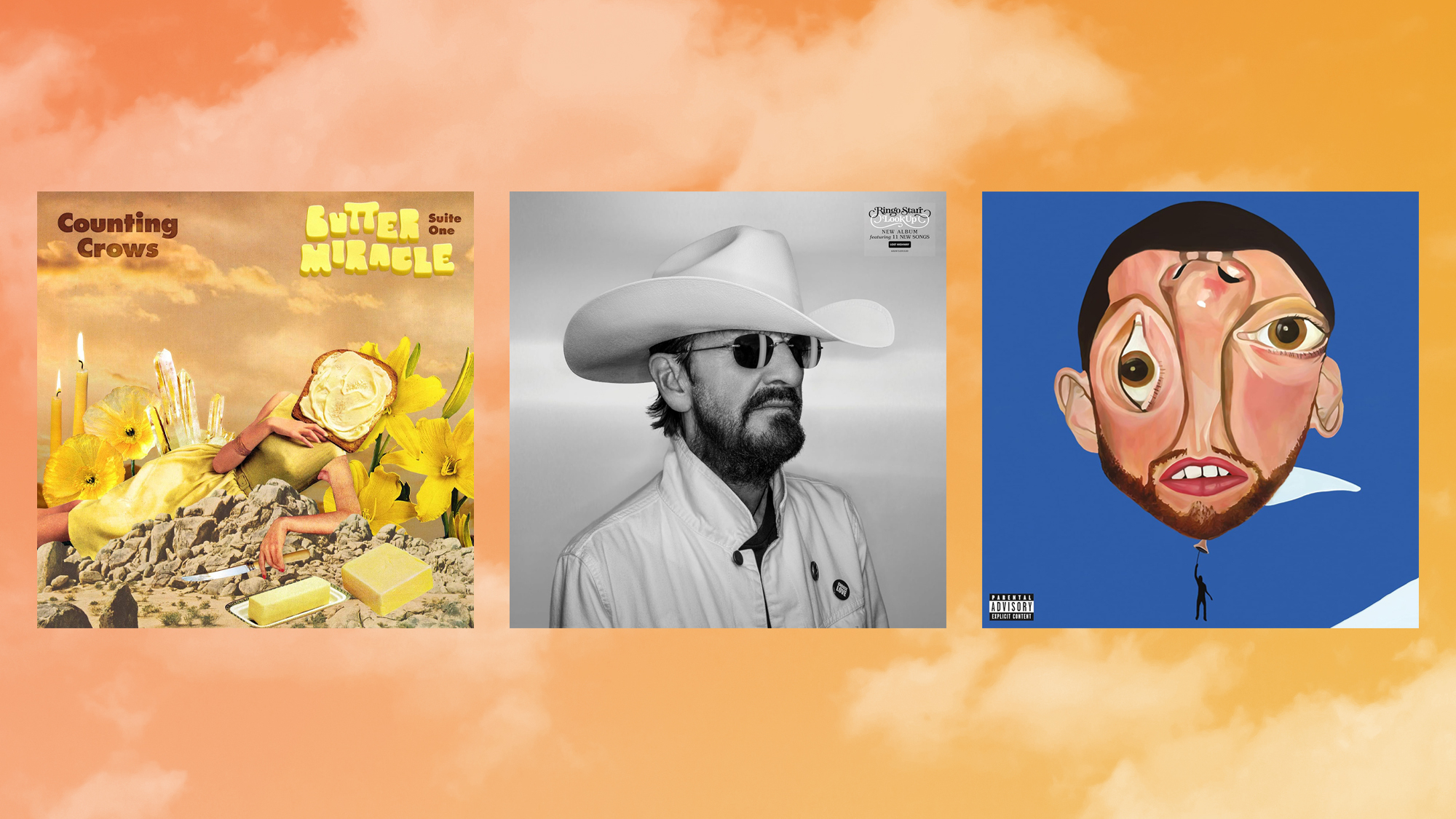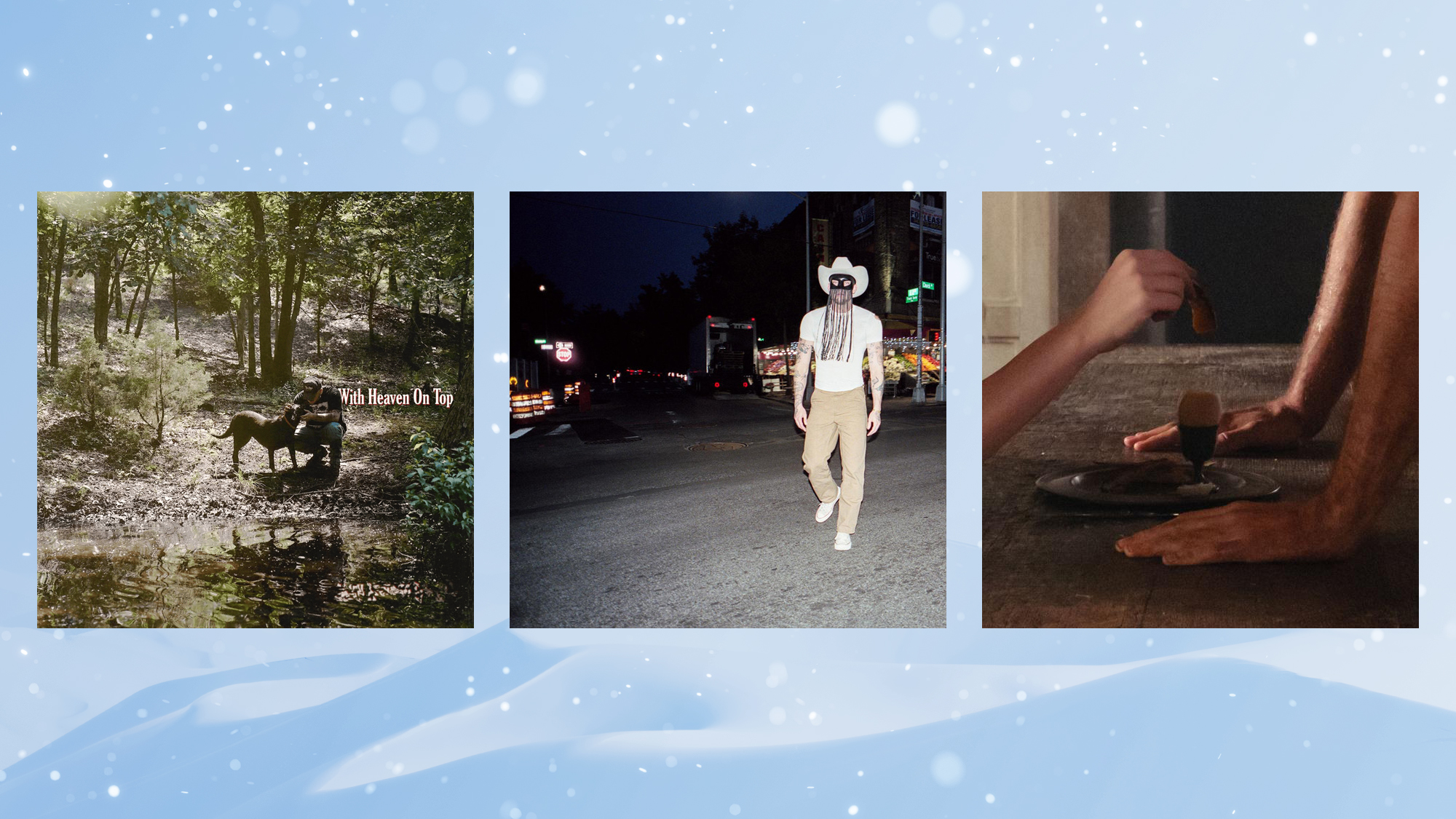Is Beyoncé now a country superstar? Depends on who you ask.
The pop diva's 'Texas Hold 'Em' is the hottest country song on the charts. Why won't some people admit the obvious?


A free daily email with the biggest news stories of the day – and the best features from TheWeek.com
You are now subscribed
Your newsletter sign-up was successful
There is little question that Beyoncé Knowles-Carter is one of the biggest superstars on the planet right now. She resides in the lofty echelons of fame wherein her projects are treated not simply as new releases, but culturally significant events. It should be no surprise then that "Texas Hold 'Em," the first single off Beyoncé's brand-new "Cowboy Carter" album, has spent more than six weeks atop Billboard's "Hot Country Songs" chart. This makes Beyoncé the "first Black woman with the number one single" on that particular listing, as she noted in an Instagram post thanking her fans for the achievement.
A post shared by Beyoncé (@beyonce)
A photo posted by on
The accomplishment, however, has been accompanied by a contentious debate over whether Beyoncé is indeed a country artist, along with broader questions of how one of popular music's biggest genres defines and limits participation. Just days after Beyoncé announced "Cowboy Carter" during the 2024 Super Bowl, a country music radio station in Oklahoma refused a listener request to play the album's single because, as the station manager wrote in an email, "we do not play Beyoncé at KYKC as we are a country music station." The rejection was quickly reversed after a massive outcry and allegations of racism.
With "Cowboy Carter" set for a March 28 release, the discourse over who is — and perhaps more important who gets to define — a country artist is likely to intensify.
The Week
Escape your echo chamber. Get the facts behind the news, plus analysis from multiple perspectives.

Sign up for The Week's Free Newsletters
From our morning news briefing to a weekly Good News Newsletter, get the best of The Week delivered directly to your inbox.
From our morning news briefing to a weekly Good News Newsletter, get the best of The Week delivered directly to your inbox.
'A classic case of cultural appropriation'
Criticism of Beyoncé's country turn with claims that she should "stay in [her] lane" or "Well, that's not real country" are couched examples of racism, Grammy award winning folk and Americana artist Rhiannon Giddons said to ABC. Exclusionary critics "don't wanna say it's because she Black" and use "coded terms" instead. Giddons, who is Black and plays banjo on "Cowboy Carter," pointed out that "nobody's askin' Lana Del Rey, 'What right do you have to make a country record?'" while stressing that with this album Beyoncé is only exploring her roots.
That exploration comes amidst a broad conception that country music is "a genre made by and for white people," Forbes said. It is a notion that is "empirically false" given the genre's roots that were influenced by "Black music and shaped by Black traditions." Given those "historical origins," denying Beyoncé's work as sufficiently country is "not merely exclusionary; it is a classic case of cultural appropriation." Historical precedence aside, this gatekeeping "ignores the fact that [Beyoncé is] from Texas and the country aesthetic is a cultural silhouette of her identity." Beyoncé's music has long featured a "proud and overt appreciation for her Southern roots," The Harvard Crimson said, contrasting the Texas native with genre stars like Keith Urban and Shania Twain who are "not from America and have no heritage connected to the American South, yet they face no backlash for their country music."
'More elasticity' with genre-hopping
In particular, the debate over Beyoncé's country-ness exists largely in the realm of radio, where country stations "still retain a significant gatekeeping power, elevating favored performers and mediating the genre's metes and bounds for audiences and the industry," The New York Times said. That "Texas Hold 'Em" hit #1 on the Billboard Hot Country chart is a "combination of streaming, sales and airplay data" with just "modest" radio airplay. While some major country stations have welcomed the song, the industry at-large can be punishing to "those perceived as outsiders or dilettantes," and "programmers may be scanning for signals from their audience before pushing further." As one major format programmer explained to The Times, the questions posed are often "How committed is the artist is to the format?" and are they are going to be a "one-time wonder, or is there going to be more?"
Conversely, transitioning from one genre to country — even in radio — "might actually be easier now than ever before for multiple reasons," Billboard argued. Not only has the genre itself become "much more flexible," but Taylor Swift's "reverse transition" from country to pop music has "made genre-hopping more acceptable." At the same time "radio programmers are operating differently" than even a few years earlier. Increasingly, station program directors "came into country from other formats" and "view country's boundaries with more elasticity."
A free daily email with the biggest news stories of the day – and the best features from TheWeek.com
Rafi Schwartz has worked as a politics writer at The Week since 2022, where he covers elections, Congress and the White House. He was previously a contributing writer with Mic focusing largely on politics, a senior writer with Splinter News, a staff writer for Fusion's news lab, and the managing editor of Heeb Magazine, a Jewish life and culture publication. Rafi's work has appeared in Rolling Stone, GOOD and The Forward, among others.
-
 How the FCC’s ‘equal time’ rule works
How the FCC’s ‘equal time’ rule worksIn the Spotlight The law is at the heart of the Colbert-CBS conflict
-
 What is the endgame in the DHS shutdown?
What is the endgame in the DHS shutdown?Today’s Big Question Democrats want to rein in ICE’s immigration crackdown
-
 ‘Poor time management isn’t just an inconvenience’
‘Poor time management isn’t just an inconvenience’Instant Opinion Opinion, comment and editorials of the day
-
 Bad Bunny’s Super Bowl: A win for unity
Bad Bunny’s Super Bowl: A win for unityFeature The global superstar's halftime show was a celebration for everyone to enjoy
-
 Music reviews: Ari Lennox, Lucinda Williams, and A$AP Rocky
Music reviews: Ari Lennox, Lucinda Williams, and A$AP RockyFeature ‘Vacancy,’ ‘World’s Gone Wrong,’ and ‘Don’t Be Dumb’
-
 Bad Bunny, Lamar, K-pop make Grammy history
Bad Bunny, Lamar, K-pop make Grammy historySpeed Read The Puerto Rican artist will perform at the Super Bowl this weekend
-
 Music reviews: Zach Bryan, Dry Cleaning, and Madison Beer
Music reviews: Zach Bryan, Dry Cleaning, and Madison BeerFeature “With Heaven on Top,” “Secret Love,” and “Locket”
-
 The best music of 2025
The best music of 2025The Week Recommends These were some of the finest releases of the past year
-
 10 upcoming albums to stream during the winter chill
10 upcoming albums to stream during the winter chillThe Week Recommends As the calendar turns to 2026, check out some new music from your favorite artists
-
 10 concert tours to see this winter
10 concert tours to see this winterThe Week Recommends Keep cozy this winter with a series of concerts from big-name artists
-
 The most downloaded country song in the US is AI-generated
The most downloaded country song in the US is AI-generatedUnder the radar Both the song and artist appear to be entirely the creation of artificial intelligence
